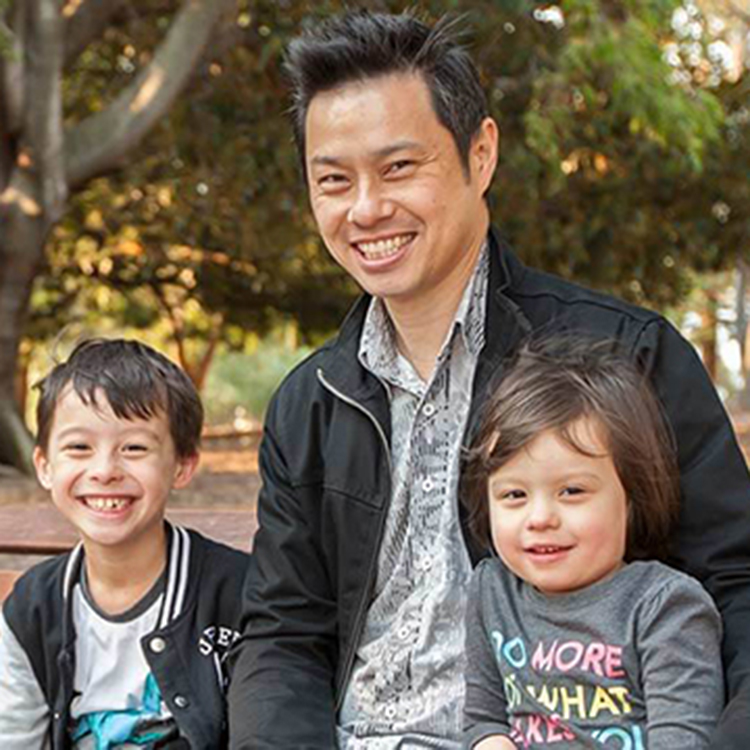Search
Dr Anthony Bosco, Professor Steve Stick, Professor Andrew Whitehouse, Dr Raelene Endersby and Dr Luke Garratt know how fortunate they are to have

Find out about our approach to procurement, what we procure and how to become a Supply Partner.

Ten-year-old Xander has been through more than most kids of his age – specifically, three-and-a-half years of gruelling chemotherapy to treat leukaemia.

Our job is to find the answers. It's helping us change kids' lives. See the "why?"s we're asking and answering.
Research
A diagnostic test for acute rheumatic fever (pilot study)Currently there are no diagnostic tests for ARF, and no treatments targeting immune responses to improve disease outcomes.
Research
A Phase 3, randomized, double-blind trial to evaluate the safety and immunogenicity of a 20-valent pneumococcal conjugate vaccine given as a series of 2 infant doses and 1 toddler dose in healthy infants (NeXXstep)Jennifer Peter Kent Richmond RN MBBS MRCP(UK) FRACP Clinical Research Manager Head, Vaccine Trials Group Jennifer.Kent@thekids.org.au Clinical
Research
Acute infection and long term follow-up of people with HIVInvestigators: Peter Le Souef Project description There have been almost no studies of the first illness caused by HIV infection. We have recruited
Research
Amped Out: An Energy Drink StudyThe Kids Research Institute Australia is conducting a research study to evaluate a 4-month trial ban on the sale of energy drinks to children in all retail stores in Bridgetown.
Research
An initial health economic evaluation of the potential benefits gained by reducing late effects in paediatric brain cancer survivorsRaelene Nick Endersby Gottardo BSc (Hons) PhD MBChB FRACP PhD Brainchild Fellow; Co-Head, Brain Tumour Research Head of Paediatric and Adolescent
Research
Bronchiectasis Research for Improving Lung Health outcomes and Treatment (BRIGHT)This prospective, longitudinal cohort study will examine airway sputum, lung function, and clinical surveillance data of children with bronchiectasis attending Perth Children’s Hospital.
